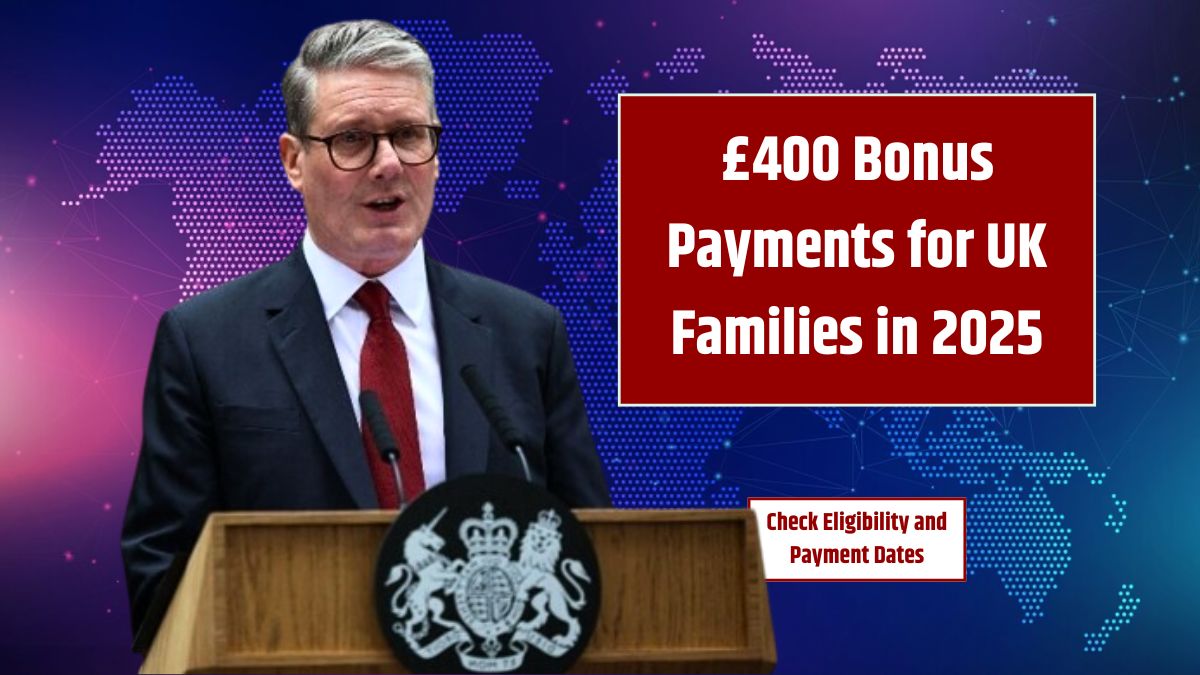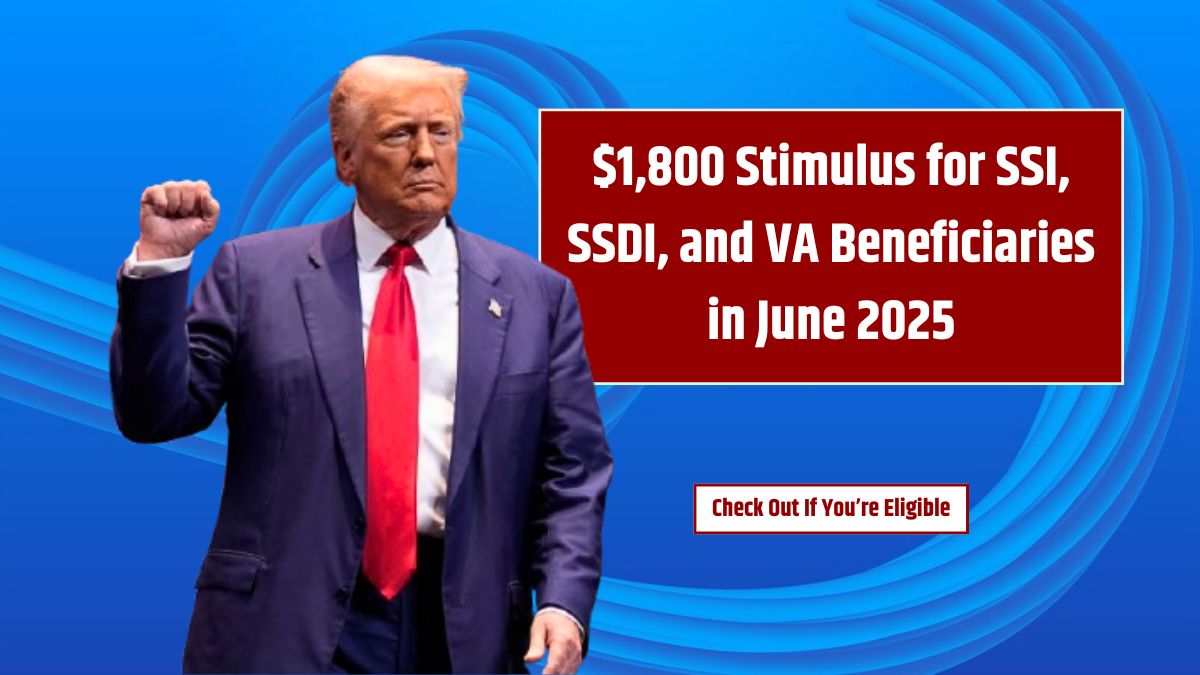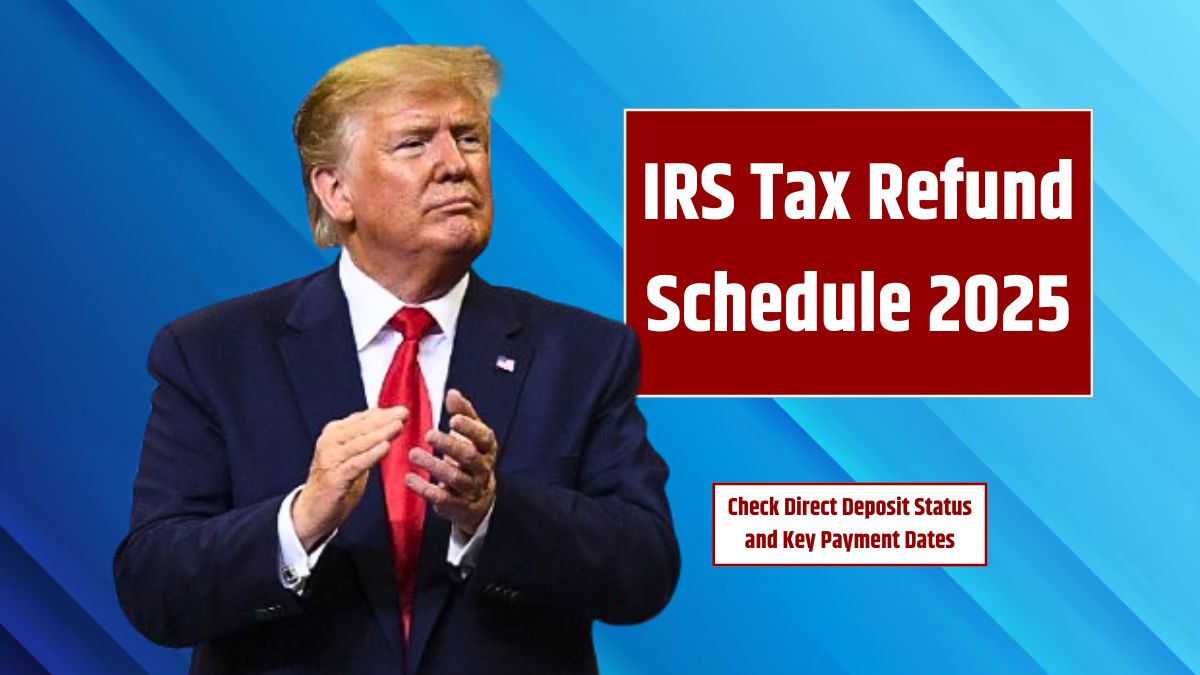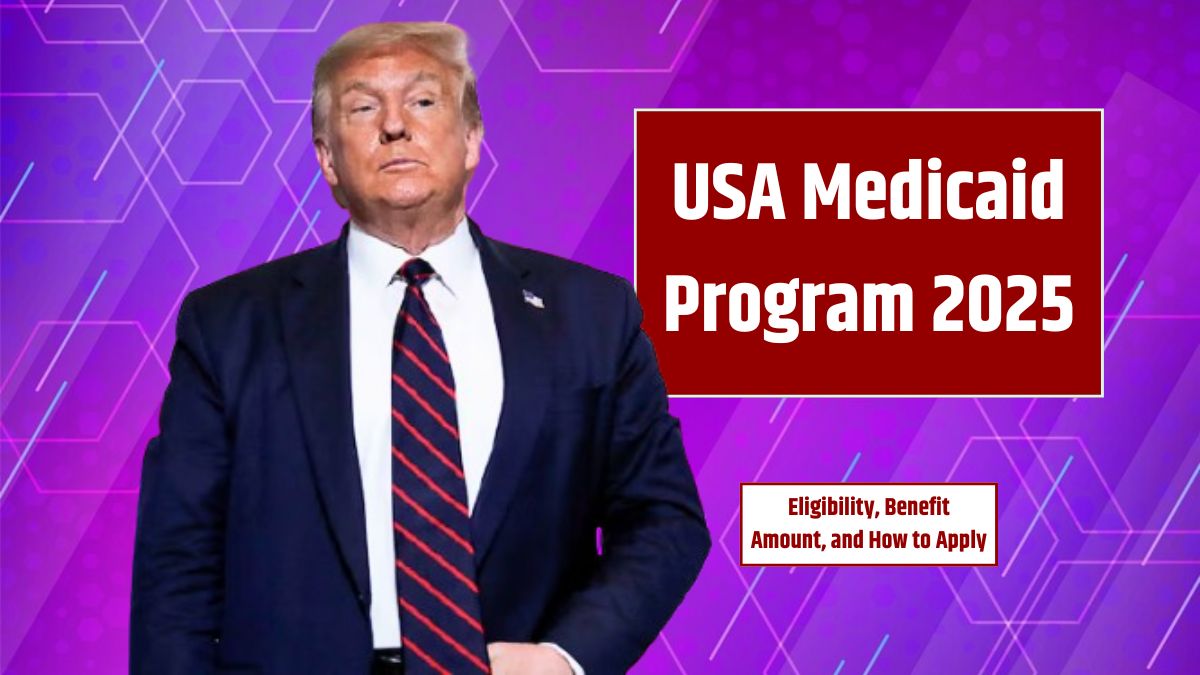With food prices, rent, and energy bills rising steadily, many UK households are feeling the financial squeeze. To help offset this pressure, the government is offering a one-off £90 Cost of Living Payment in June 2025. Funded through the expanded Household Support Fund (HSF), this grant is meant to help vulnerable families and individuals cover essential living expenses.
In this guide, we’ll break down who’s eligible, how payments are made, and what else you may be able to claim in your area.
Overview
| Detail | Description |
|---|---|
| Payment Amount | £90 (non-taxable, no repayment needed) |
| Distribution Timeline | Throughout June 2025 |
| Administered By | Local councils in England |
| Eligibility Criteria | Based on benefits, income, family needs, or disability |
| Application Type | Some automatic, others require applying online or by post |
| Total HSF Funding (2025) | £742 million (April 2025 to March 2026) |
| Additional Support | Energy help, food vouchers, school meals, white goods |
| Official Info | GOV.UK Household Support Fund page |
This support is just one part of a broader effort to tackle cost-of-living pressures in communities across the UK.
£90 Cost of Living Payment
The £90 payment is a one-off, non-repayable grant given to eligible individuals or households in June 2025. It’s part of the Household Support Fund — a national programme managed by local councils and designed to help residents facing day-to-day hardship.
This money can help with:
- Grocery bills
- Gas and electric payments
- Water charges
- Emergency travel or essential supplies
It won’t impact your other benefits, and you don’t need to pay it back.
What Is the Household Support Fund?
Launched in 2021 and extended annually, the Household Support Fund allows local councils to design support tailored to their area’s needs. That means how much support is available — and who qualifies — varies depending on where you live.
Each council can offer a combination of:
- Supermarket vouchers
- Energy top-ups or discounts
- Household item grants (fridges, beds, heaters)
- Clothing and internet access support
- School holiday food help
Who Is Eligible?
Each council sets its own rules, but the following groups are generally prioritised:
1. People on Means-Tested Benefits
Including:
- Universal Credit
- Income Support
- Pension Credit
- Income-based JSA or ESA
2. Low-Income Households
Even if you’re not claiming benefits, you could qualify if:
- Your total household income is under a set threshold
- You have savings below £1,000–£2,000
- You’ve recently lost income or are struggling with bills
3. Families with Children
Especially if you:
- Get Free School Meals
- Have children under 5
- Face increased childcare or housing costs
4. People with Disabilities
Including those on:
- Personal Independence Payment (PIP)
- Disability Living Allowance (DLA)
- Attendance Allowance
Example:
- Torbay Council: Offers £100 to low-income households or those receiving disability benefits
- East Riding of Yorkshire Council: Provides grants up to £425 depending on household size and need
How to Apply
Each local council decides how to manage the process. There are two typical methods:
A. Automatic Payments
You might not need to apply if you already:
- Receive Council Tax Reduction
- Qualify for Free School Meals
- Get Housing Benefit
These payments will be issued automatically in many areas.
B. Applications Required
In other areas, you’ll need to:
- Apply online through your local council’s website
- Provide documents like recent benefit letters, proof of rent, or payslips
- Possibly apply in person at a council office, library, or community centre
Tip: Apply early — these funds often run out quickly.
When Will the Payments Be Made?
Payments will roll out across June 2025. The exact dates depend on your local council’s process. You can find these updates on your council’s website or by calling their welfare or housing teams.
Some councils may delay payments slightly if they need to verify documents or complete assessments.
What Other Help Is Available?
The £90 payment is just one part of the support available. The HSF also includes:
1. Energy Support
Example: Rotherham Council offers £250 toward energy bills for qualifying homes.
2. Food Help for Families
Example: Cambridgeshire Council gives up to £275 in supermarket vouchers during school holidays.
3. Support for Young Adults
Manchester City Council helps care leavers under 25 with emergency payments and grants.
4. Household Essentials
Many councils offer crisis grants for beds, cookers, fridges, or winter clothing.
5. Digital Access
Some areas offer free SIM cards or broadband vouchers for jobseekers and students.
Expert Tips for Getting Support
If you’re unsure about your eligibility or want help navigating the process, follow these steps:
- Check Your Council’s Website: It’s the fastest way to find specific guidance.
- Prepare Your Documents: Keep benefit letters, ID, proof of income, and rent agreements handy.
- Reach Out for Help: Citizens Advice and local community organisations can help you apply.
- Watch Out for Scams: Only provide personal information through your official council site — never through unofficial emails or social media pages.
FAQs
Is the £90 payment taxable?
No, the payment is not taxed and won’t affect your benefits.
Do I need to repay the £90?
No, it’s a one-off grant you don’t need to repay.
How do I check if I qualify?
Visit your local council’s website for their eligibility rules.
What if my council isn’t listed?
All councils receive funding — contact yours directly for details.
Can I get more than £90?
Yes, depending on your situation, you may qualify for other support too.













